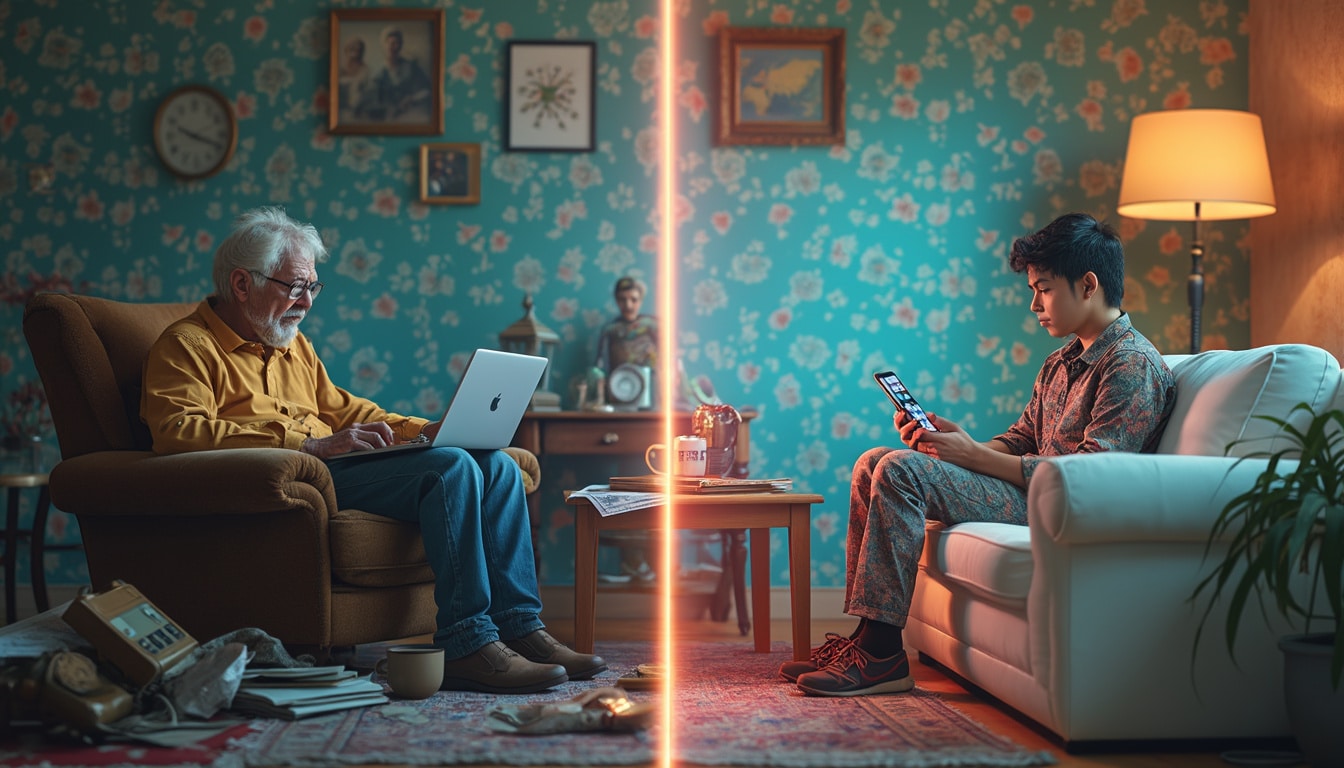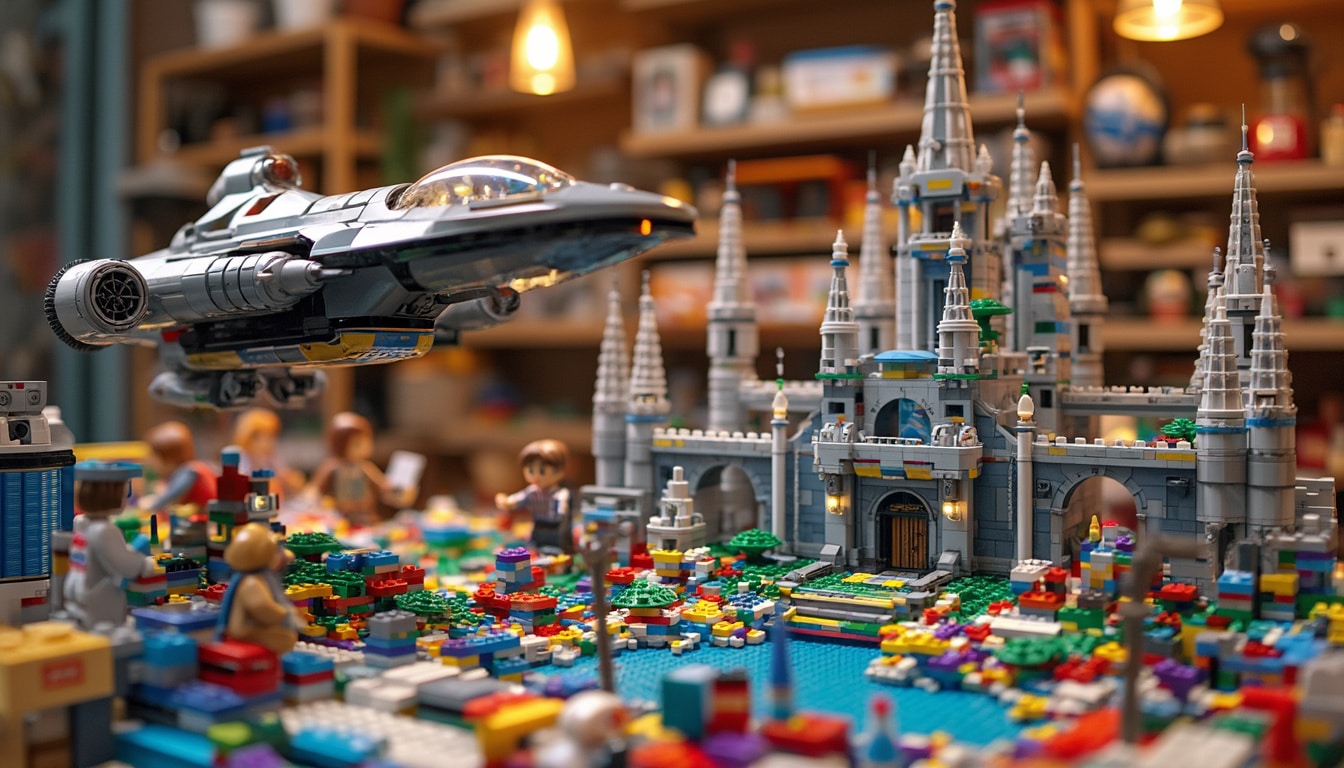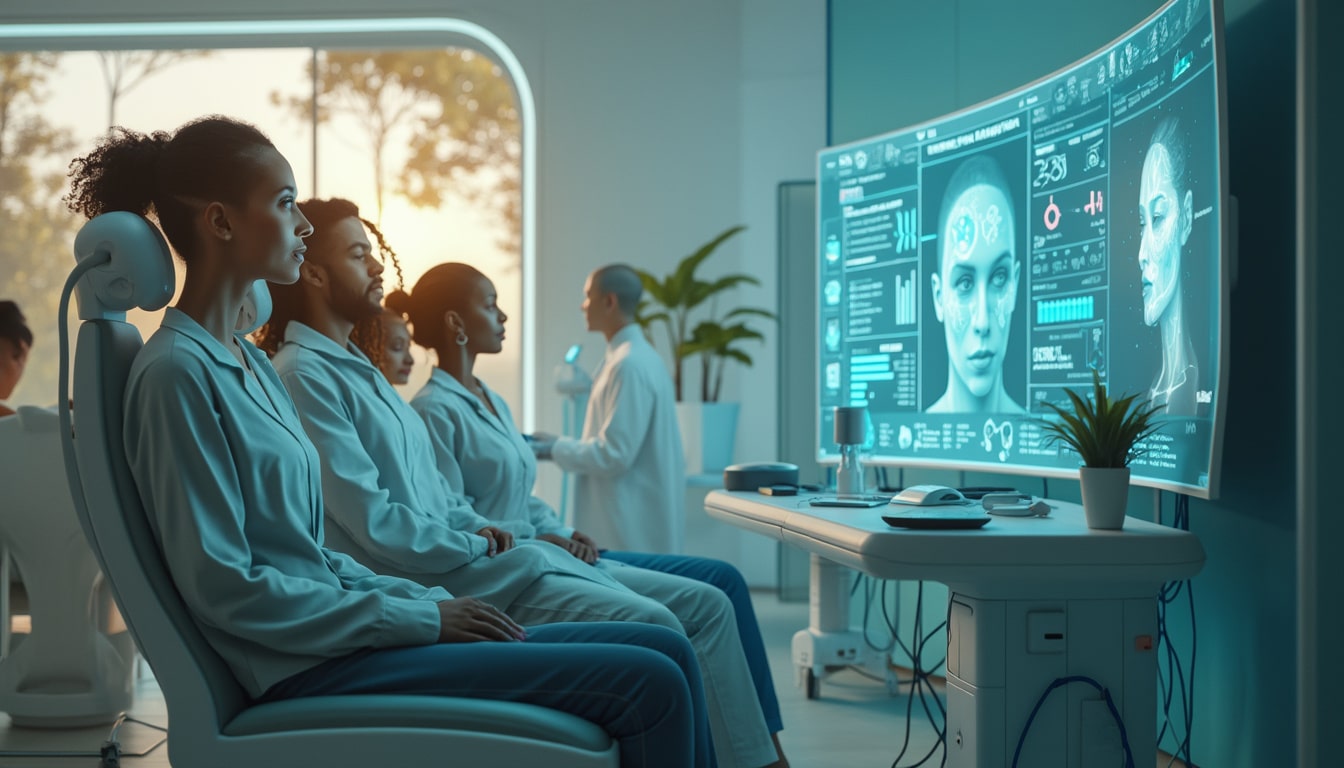Get ready to have your mind blown! Thanks to some brainiacs from Stanford and Google DeepMind, we may soon be living in a world where our doppelgängers exist—and no, they won’t just be those annoying look-alikes who keep stealing your thunder. By dedicating a mere two hours to an AI-powered interview, these experts claim they can whip up a virtual clone that’s practically a carbon copy of your thoughts, opinions, and quirks. So, should we be excited or terrified? Well, researchers are raising some serious eyebrows at the potential consequences of this groundbreaking technology.
Researchers from Stanford and Google DeepMind have developed an AI capable of mimicking human personality traits with an accuracy of 85%, simply by conducting a two-hour interview. This breakthrough involves sharing details about your childhood, career, and opinions on topics such as immigration policy. These details are enough to generate a virtual clone that mirrors your thoughts and preferences.
The project, led by doctoral student Joon Sung Park, involved 1000 participants and explored the creation of an AI model that translates human individuality into a language comprehensible by machines. However, this technology is surrounded by potential ethical issues, causing researchers to raise concerns about its misuse for impersonation and identity theft online.

Table of contents
ToggleAI crafting your persona: what’s the buzz all about?
Imagine having a digital doppelgänger that mirrors your every quirk—Stanford and Google DeepMind researchers are making this science fiction a reality. Indeed, they harnessed the power of generative AI to simulate thousand individuals’ identities with surprising accuracy. The magic trick here? A mere two hours of candid conversation. You might be asked about your political opinions, childhood memories, or even those existential crises you had while binge-watching animated movies. On a more serious note, this project was a rigorous exploration into human individuality and whether artificial intelligence could ever truly emulate it.
how accurate are these digital clones?
After forming a virtual persona, the innovative AI agents dutifully underwent rigorous personality tests and social evaluations—all to measure how closely they align with their human counterparts. Spoiler alert: these digital doppelgängers boasted a stunning 85% accuracy rate! While digital agents took logical tests too, they met unexpected challenges; humans, after all, are notoriously inconsistent, unlike our binary friends. But let’s face it, if AI can channel our love for pineapple pizza and our undying distaste for avocado, it’s getting excellently close to capturing the essence of human authenticity.
the ethical debate: a storm brewing?
Now, here’s the kicker: what happens when AI gets too good at this cloning game? Could it inadvertently lead to identity theft, potentially spawning a hoard of internet-savvy cybercriminals eager to exploit our digital versions? The rise of deepfakes has already shown us that not all technological advancements come bearing glitter and good intentions. But researchers like Geoffrey Hinton are sounding alarms, akin to Gandalfs of the tech world yelling « You shall not pass! »… except, they mean to say, we should tread carefully on this path. Find more about Geoffrey Hinton’s perspective on this unfolding narrative in this insightful piece by the New York Times.














